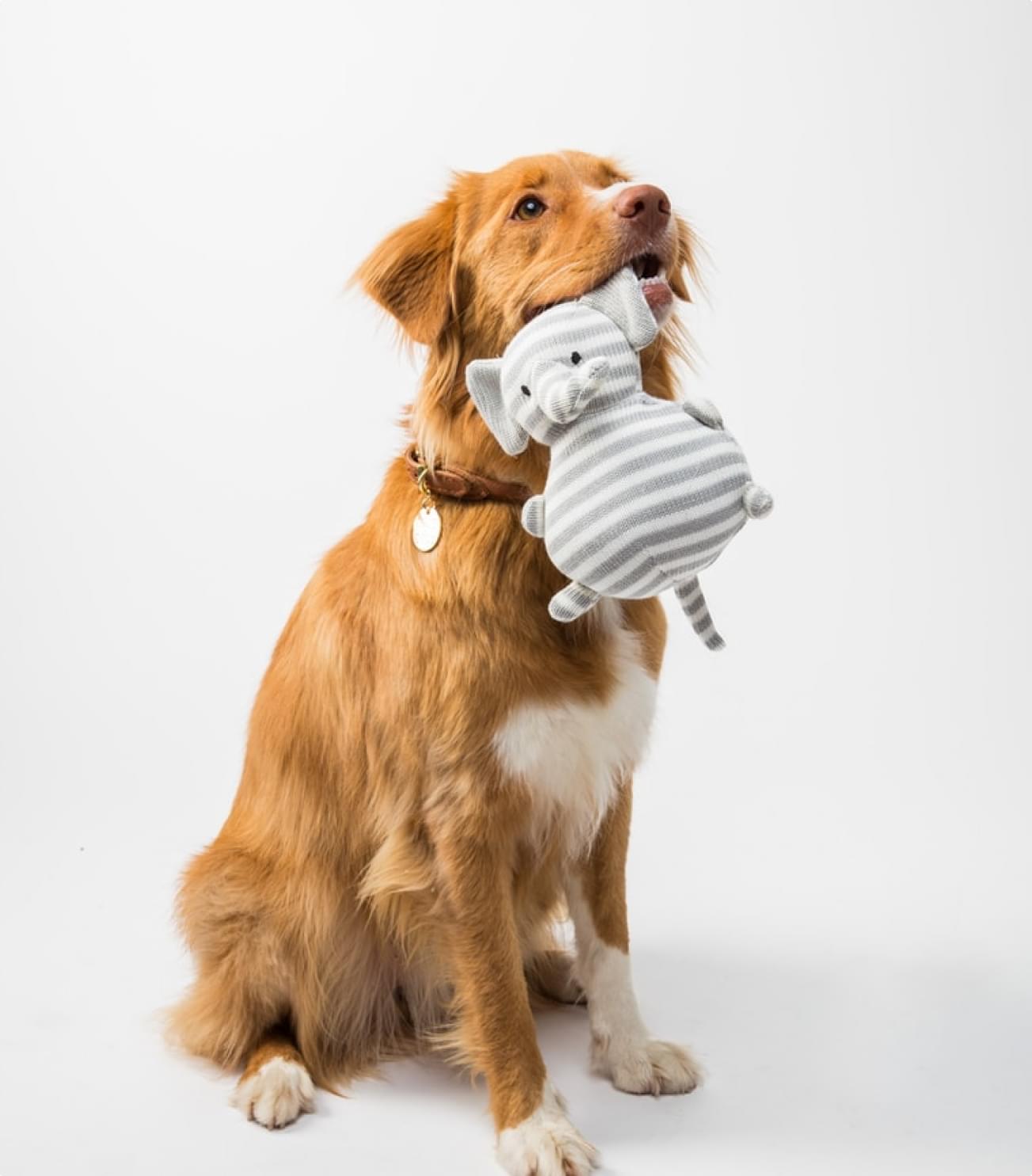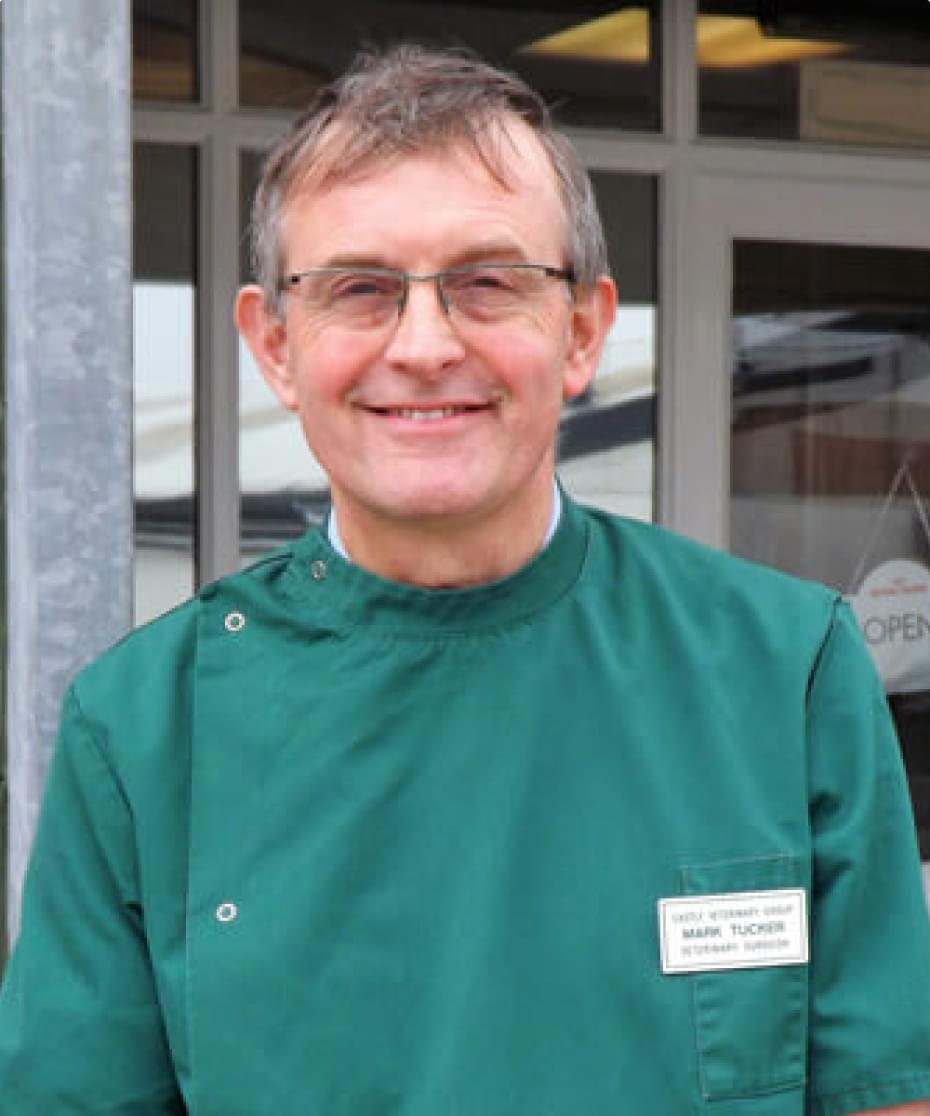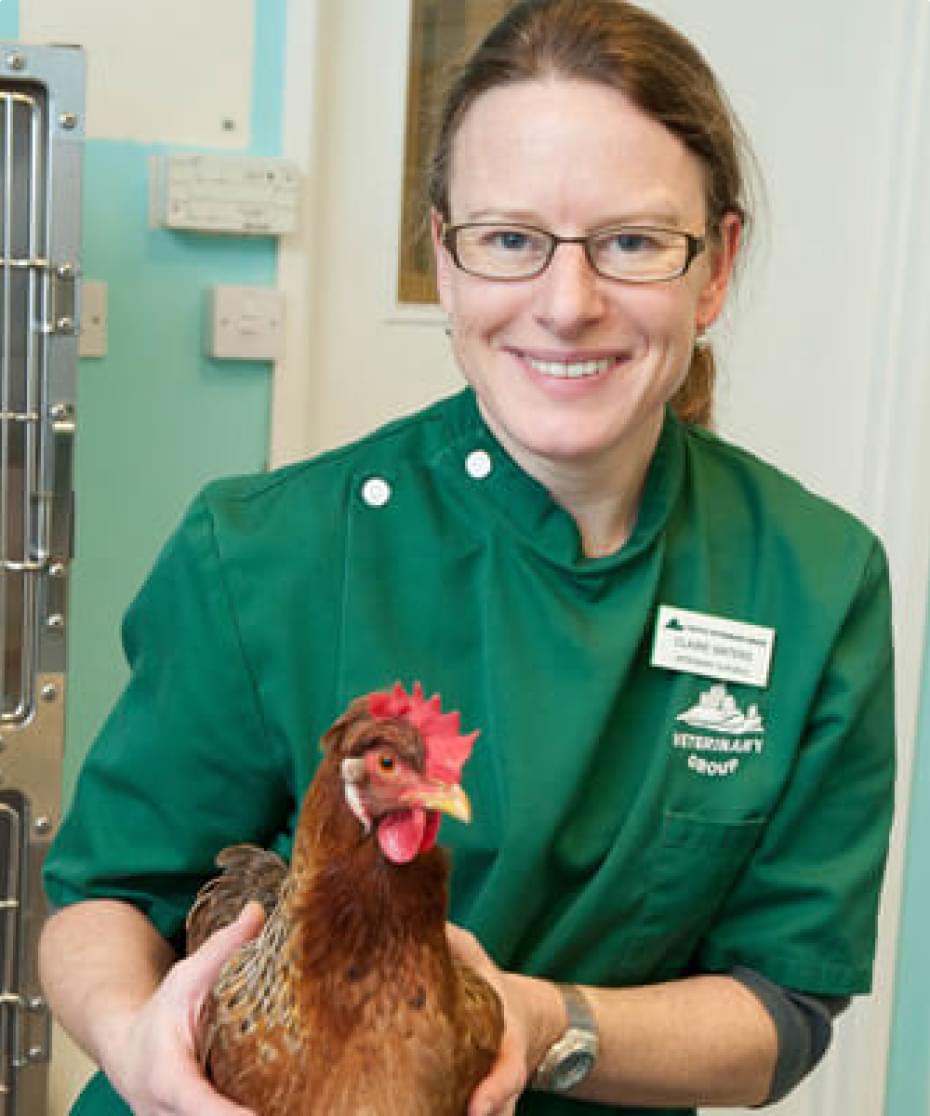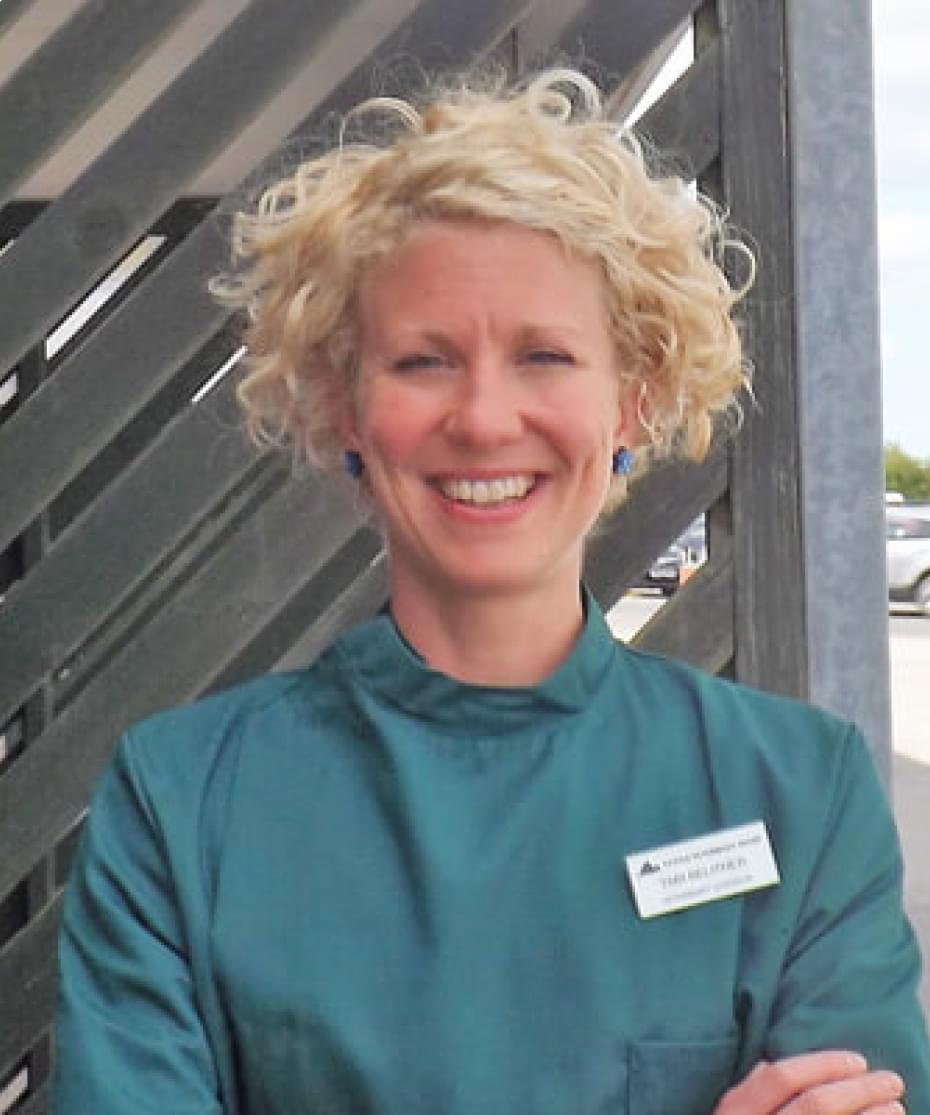
Nice to Meet You
About Us
Lorem ipsum dolor sit amet, consectetur adipiscing elit, sed do eiusmod tempor incididunt ut labore et dolore magna aliqua.
Our Story
We do that we are
really good at
Lorem ipsum dolor sit amet, consectetur adipiscing elit, sed do eiusmod tempor incididunt ut labore et
dolore magna
aliqua. Ut enim ad minim veniam, quis nostrud exercitation ullamco laboris nisi ut aliquip ex ea commodo
consequat.
Duis aute irure dolor in reprehenderit in voluptate velit esse cillum dolore eu fugiat nulla pariatur.
Excepteur sint
occaecat cupidatat non proident, sunt in culpa qui officia deserunt mollit anim id est laborum.
"Lorem ipsum dolor sit amet, consectetur adipiscing elit, sed do eiusmod tempor incididunt ut labore"
Our Vision

Everage agile frameworks to provide a robust synopsis for high level overviews. Iterative approaches to corporate strategy foster collaborative thinking to further the overall value proposition. Bring to the table win-win, organically grow the holistic world view of disruptive innovation via workplace diversity and empowerment.
World Best Class Treatment & Award Wining Services
Our Mission

Everage agile frameworks to provide a robust synopsis for high level overviews. Iterative approaches to corporate strategy foster collaborative thinking to further the overall value proposition. Bring to the table win-win, organically grow the holistic world view of disruptive innovation via workplace diversity and empowerment.
Best Pet Care Services Since 2005
Meet Our Team
Our Best for Your BestOur History
Our Best for Your BestThe History of the Castle Veterinary Group
The practice came into being with the qualification as a veterinary surgeon of Charles Abraham Parsons, son of a Werrington blacksmith. Until that point “horse doctoring” and treatment of farm livestock was only provided for locally by blacksmiths or patent medicine suppliers. The exact date of his qualifying is not known but is thought to be in the early 1880’s.
-
1888: Parsons & Vickery
By 1888 he took into partnership another vet, one John Tucker Vickery, a man remembered by some of our older clients as a great lover of cider (or more or less any kind of alcohol!) He drove a pony and jingle, although often he was not so much driving as being transported whilst lying propped up against the rear of the jingle with the shafts pointed towards heaven. The pony fortunately knew its way home from all points of the compass and would always travel at the trot both uphill and down. Charles Abraham Parsons died in December 1905 and was succeeded in the partnership by his son, Charles Colin Parsons, in November 1906. In April 1916 Charles Colin Parsons accepted a commission in the Army Veterinary Corps (later to become the Royal Army Veterinary Corps) for the duration of the remainder of the First World War. After his return from the war the partnership continued until 1924 when John Tucker Vickery retired. Tales abound of John Vickery being called to attend a sick animal and, after an initial examination, requesting the farmer to bring out any cider or whisky he might have for the benefit of the unfortunate animal. On the farmer’s return John Vickery would pronounce that the animal appeared to have taken a turn for the better and promptly consume the drink saying, “ I think I need this more than ‘e do.”
-
1979: The Castle Veterinary Group
By 1888 he took into partnership another vet, one John Tucker Vickery, a man remembered by some of our older clients as a great lover of cider (or more or less any kind of alcohol!) He drove a pony and jingle, although often he was not so much driving as being transported whilst lying propped up against the rear of the jingle with the shafts pointed towards heaven. The pony fortunately knew its way home from all points of the compass and would always travel at the trot both uphill and down. Charles Abraham Parsons died in December 1905 and was succeeded in the partnership by his son, Charles Colin Parsons, in November 1906. In April 1916 Charles Colin Parsons accepted a commission in the Army Veterinary Corps (later to become the Royal Army Veterinary Corps) for the duration of the remainder of the First World War. After his return from the war the partnership continued until 1924 when John Tucker Vickery retired. Tales abound of John Vickery being called to attend a sick animal and, after an initial examination, requesting the farmer to bring out any cider or whisky he might have for the benefit of the unfortunate animal. On the farmer’s return John Vickery would pronounce that the animal appeared to have taken a turn for the better and promptly consume the drink saying, “ I think I need this more than ‘e do.”
-
1996: Exeter Street to Pennygillam
By 1888 he took into partnership another vet, one John Tucker Vickery, a man remembered by some of our older clients as a great lover of cider (or more or less any kind of alcohol!) He drove a pony and jingle, although often he was not so much driving as being transported whilst lying propped up against the rear of the jingle with the shafts pointed towards heaven. The pony fortunately knew its way home from all points of the compass and would always travel at the trot both uphill and down. Charles Abraham Parsons died in December 1905 and was succeeded in the partnership by his son, Charles Colin Parsons, in November 1906. In April 1916 Charles Colin Parsons accepted a commission in the Army Veterinary Corps (later to become the Royal Army Veterinary Corps) for the duration of the remainder of the First World War. After his return from the war the partnership continued until 1924 when John Tucker Vickery retired. Tales abound of John Vickery being called to attend a sick animal and, after an initial examination, requesting the farmer to bring out any cider or whisky he might have for the benefit of the unfortunate animal. On the farmer’s return John Vickery would pronounce that the animal appeared to have taken a turn for the better and promptly consume the drink saying, “ I think I need this more than ‘e do.”
-
2003: Castle Veterinary Group Ltd. – Bridge Cottage
By 1888 he took into partnership another vet, one John Tucker Vickery, a man remembered by some of our older clients as a great lover of cider (or more or less any kind of alcohol!) He drove a pony and jingle, although often he was not so much driving as being transported whilst lying propped up against the rear of the jingle with the shafts pointed towards heaven. The pony fortunately knew its way home from all points of the compass and would always travel at the trot both uphill and down. Charles Abraham Parsons died in December 1905 and was succeeded in the partnership by his son, Charles Colin Parsons, in November 1906. In April 1916 Charles Colin Parsons accepted a commission in the Army Veterinary Corps (later to become the Royal Army Veterinary Corps) for the duration of the remainder of the First World War. After his return from the war the partnership continued until 1924 when John Tucker Vickery retired. Tales abound of John Vickery being called to attend a sick animal and, after an initial examination, requesting the farmer to bring out any cider or whisky he might have for the benefit of the unfortunate animal. On the farmer’s return John Vickery would pronounce that the animal appeared to have taken a turn for the better and promptly consume the drink saying, “ I think I need this more than ‘e do.”
-
2017: Liskeard
By 1888 he took into partnership another vet, one John Tucker Vickery, a man remembered by some of our older clients as a great lover of cider (or more or less any kind of alcohol!) He drove a pony and jingle, although often he was not so much driving as being transported whilst lying propped up against the rear of the jingle with the shafts pointed towards heaven. The pony fortunately knew its way home from all points of the compass and would always travel at the trot both uphill and down. Charles Abraham Parsons died in December 1905 and was succeeded in the partnership by his son, Charles Colin Parsons, in November 1906. In April 1916 Charles Colin Parsons accepted a commission in the Army Veterinary Corps (later to become the Royal Army Veterinary Corps) for the duration of the remainder of the First World War. After his return from the war the partnership continued until 1924 when John Tucker Vickery retired. Tales abound of John Vickery being called to attend a sick animal and, after an initial examination, requesting the farmer to bring out any cider or whisky he might have for the benefit of the unfortunate animal. On the farmer’s return John Vickery would pronounce that the animal appeared to have taken a turn for the better and promptly consume the drink saying, “ I think I need this more than ‘e do.”


